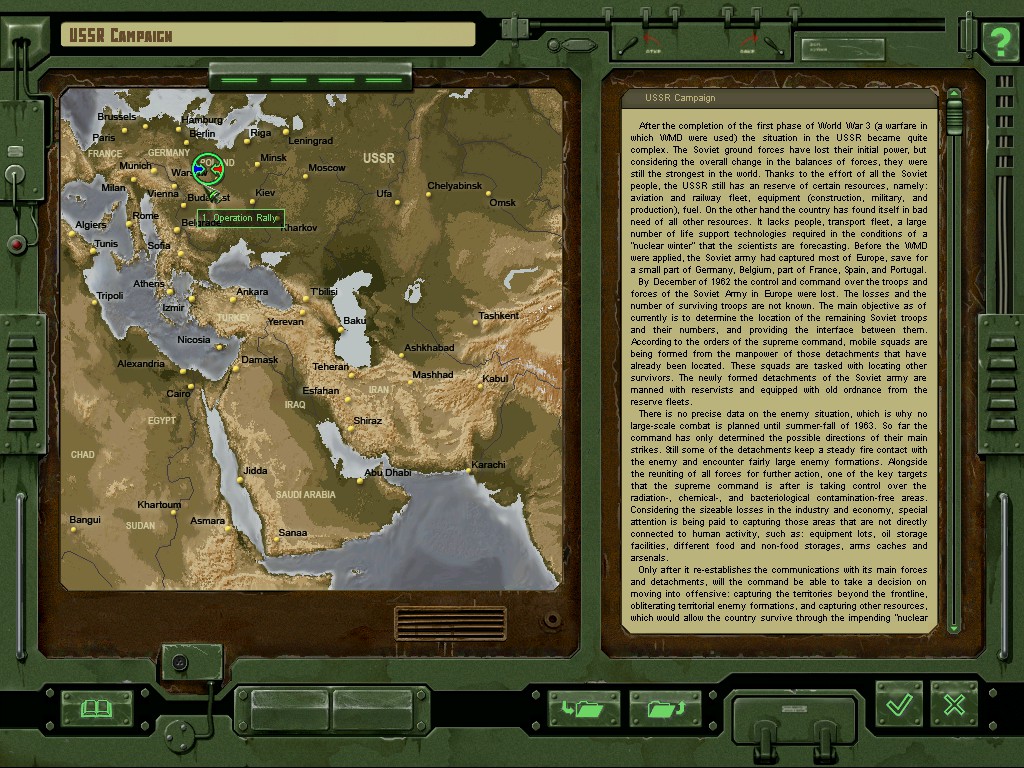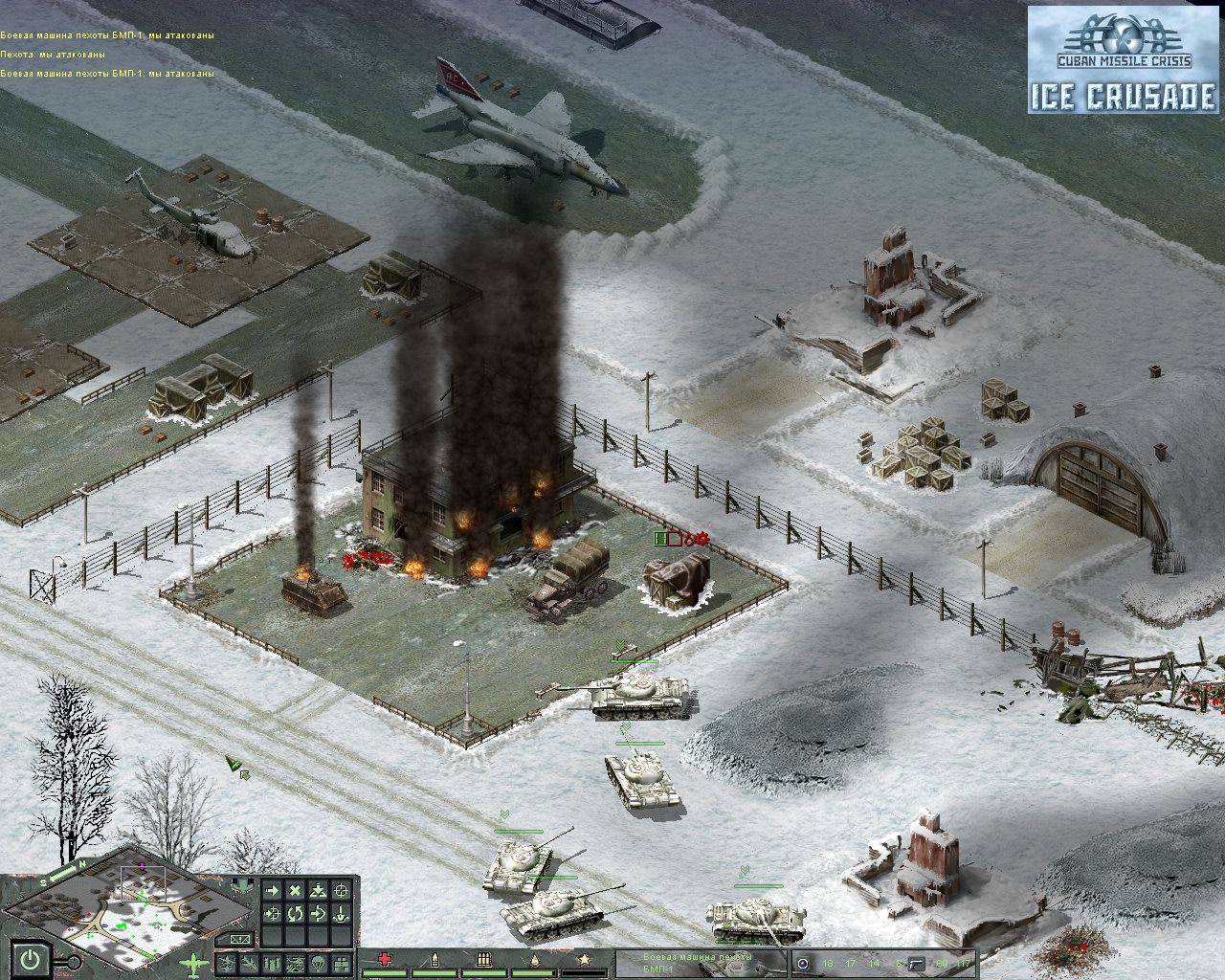

He had less than five minutes to decide whether to launch a retaliatory strike. Boris Yeltsin-back when the Doomsday Clock stood at a remarkably peaceful 14 minutes to midnight-was actually handed the Russian nuclear briefcase, known as the Cheget, in 1995 when Russian radar mistook the launch of a Norwegian scientific rocket for a surprise attack from a US submarine. Over the years, warning systems on the American and the Russian side have mistaken satellites, flocks of birds, and even the rising moon as incoming surprise missile attacks. In the context of the last seven decades of near-misses, the accidental Hawaiian missile alert is remarkable only in that was a public-facing mistake.

Numerous scares could have escalated: A routine preplanned U-2 surveillance flight strayed into Soviet airspace a US attempt to scare a Soviet submarine resulted in the sub readying its nuclear-tipped torpedo. Indeed, the more historians have learned about the Cuban Missile Crisis, the more we’ve realized how correct Kennedy was: Kennedy and Soviet leader Nikita Khrushchev communicated poorly throughout the faceoff, and both sides misunderstood the others’ motivations, red lines, and military readiness. The latter, who had led his nation into the terrible, destructive “War To End All Wars,” replied, “Ah, if only one knew.” Amid the Soviet standoff, President Kennedy told his brother Bobby that his driving motivation was to avoid a history book someday entitled The Missiles of October. “How did it all happen,” asked a former German chancellor of the current chancellor. In reading historian Barbara Tuchman’s The Guns of August-which traces how the Great Powers defaulted, almost accidentally, into beginning the Great War in the summer of 1914- Kennedy fixated on a conversation between two German leaders. Kennedy’s own scare came in 1962, as the Soviet Union loaded nuclear-armed missiles into Cuba. Only through careful, sober, active leadership has the US avoided a nuclear exchange since 1945. More simply put, war is the default setting. The US has invested trillions of dollars in a sophisticated defense and intelligence apparatus that, left to its own devices, protectively escalates the country to war.

Kennedy, though, quickly came to agree with Eisenhower: Keeping the peace is often harder than going to war.

Kennedy defeat Vice President Richard Nixon in the 1960 presidential race. Democrats hammered him in the midterm 1958 elections as “soft on defense,” and Ike’s reputation as a peacemaker helped John F. It seems hard to imagine today, but the US seriously contemplated the use of nuclear weapons in the Korean War, and even to defend the islands of Matsu and Quemoy in the Taiwan Strait from invasion by the mainland Chinese military.Įisenhower paid a political price for his forbearance. Many times, in fact, Eisenhower sat in rooms as president where military leaders recommended war as the best option-where, incredibly, starting a war would have been easier politically than choosing peace. Rachel Bronson, Bulletin of Atomic Scientistsĭuring Eisenhower's eight years, the United States and the Soviet Union repeatedly had to take active action to step back from escalating tensions. 'To call the situation dire is to understate the danger.'


 0 kommentar(er)
0 kommentar(er)
